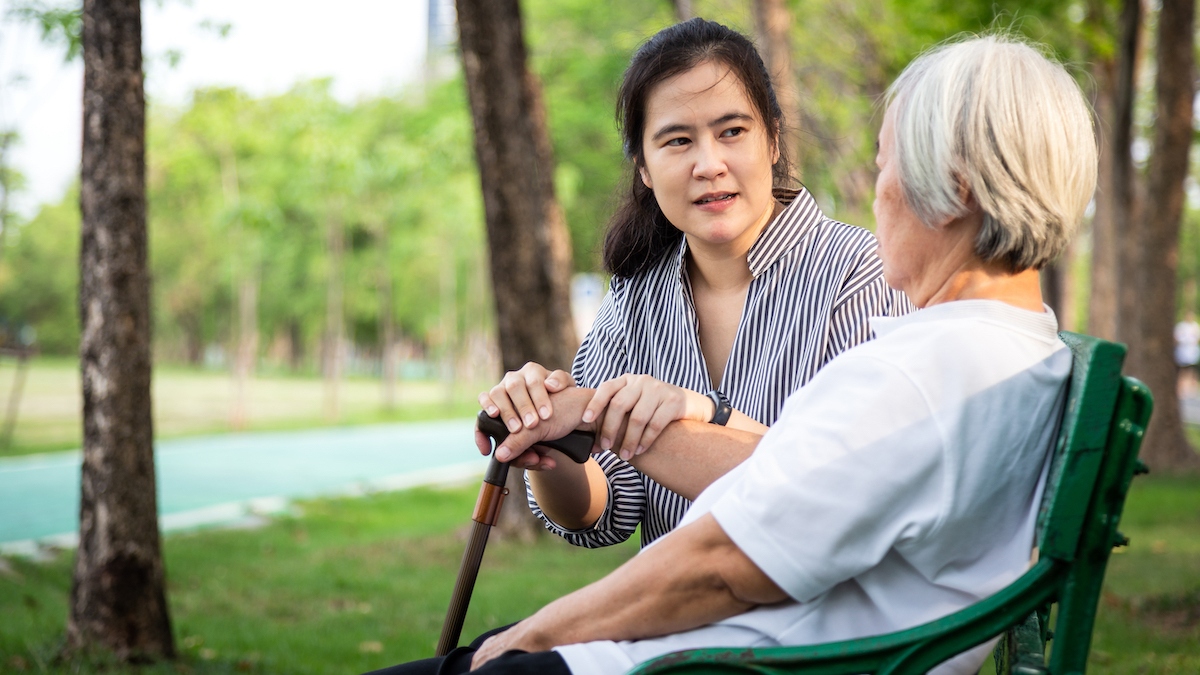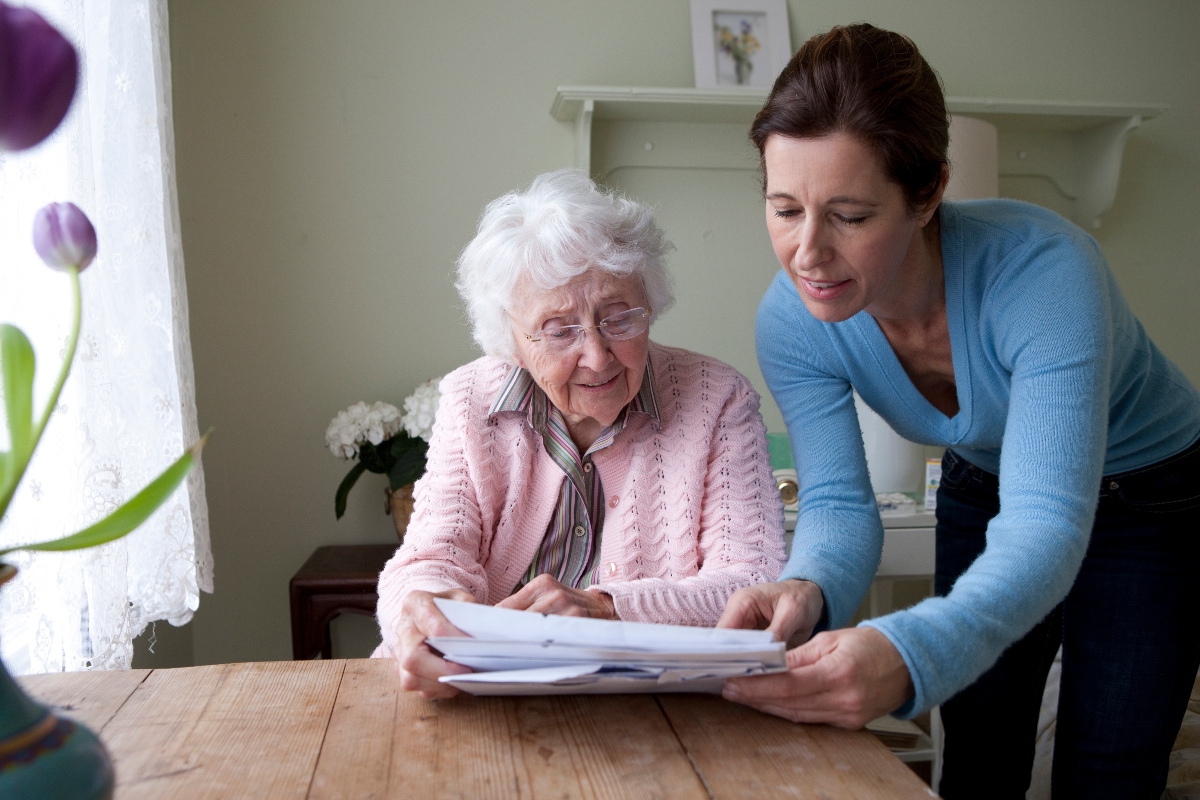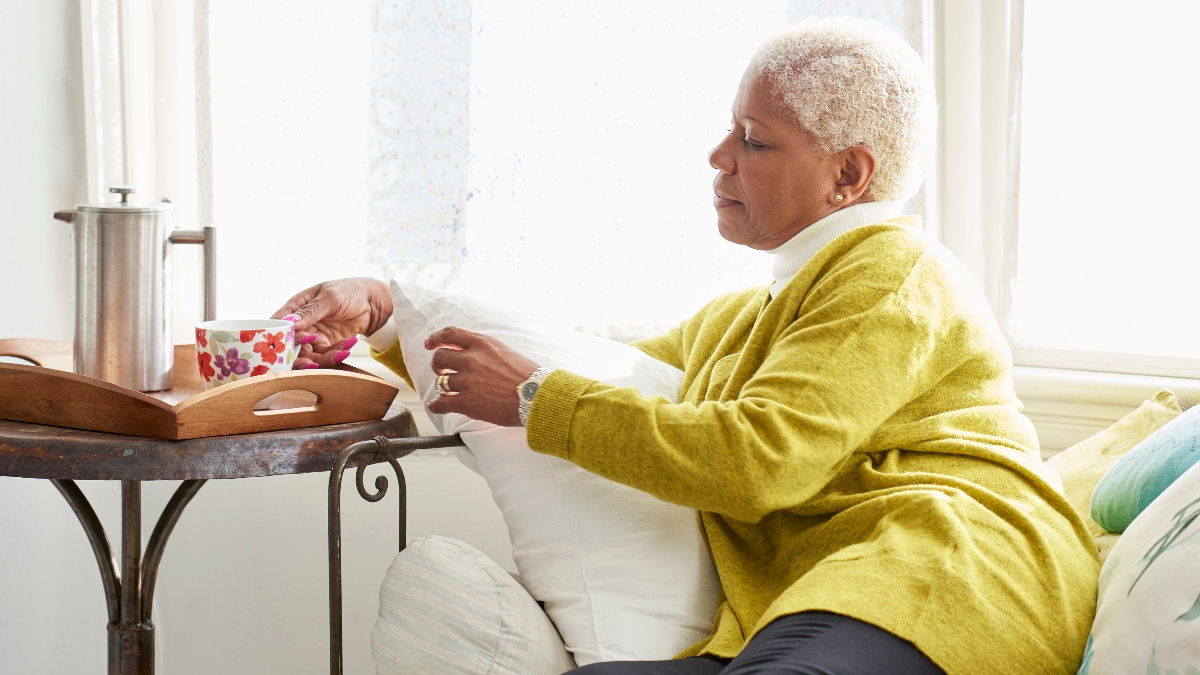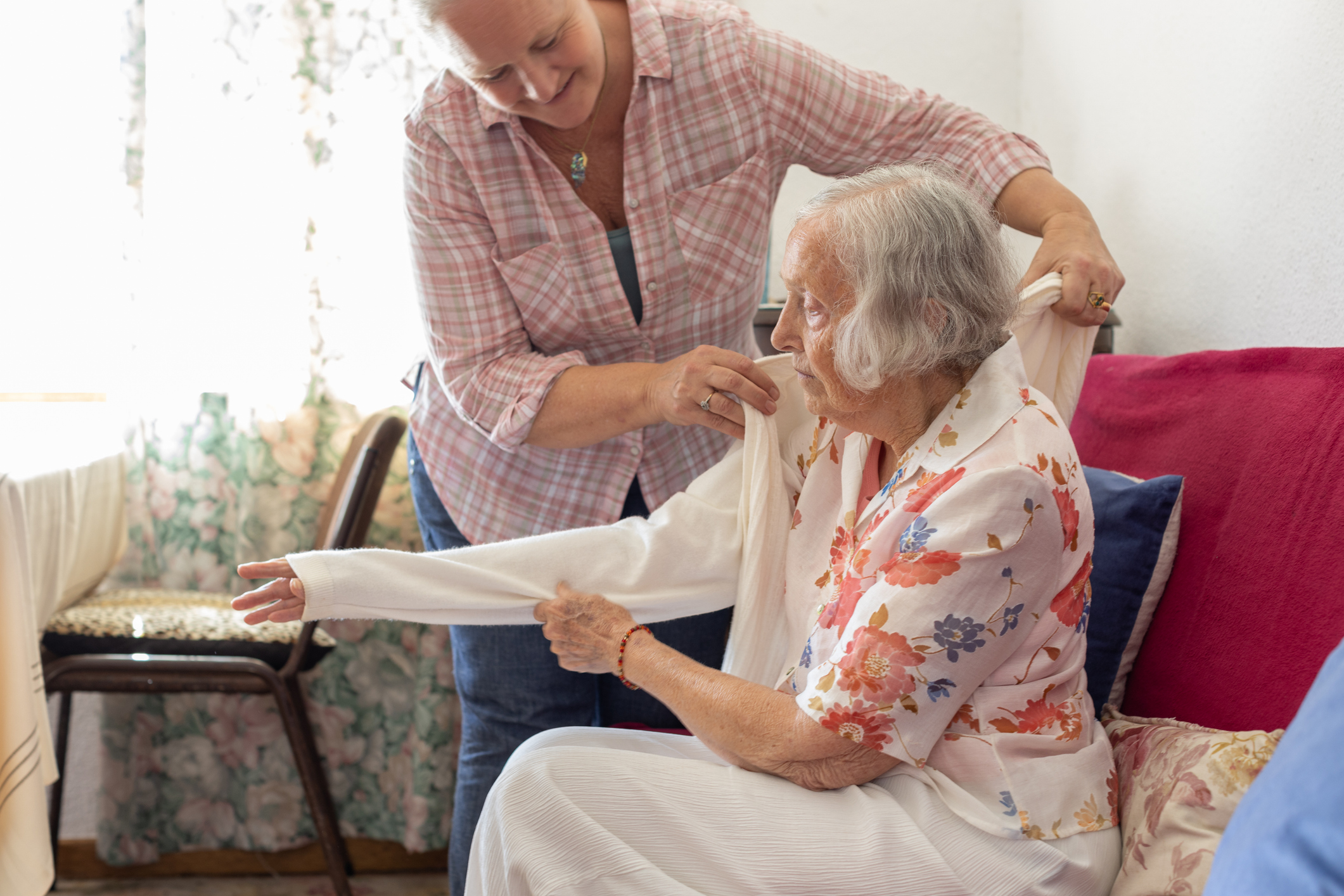Being a caregiver for a loved one can bring immense rewards along with significant challenges, especially when caring for your spouse. This new role can alter your relationship dynamics in unforeseen ways. Additionally, you might have numerous queries regarding expectations and securing the necessary support during this transition. Here, we provide further details on effectively taking care of your spouse while also prioritizing your personal well-being.
What caring for a partner involves
If you’re married to or partnered with someone dealing with a chronic illness of any degree or a long-term disability, and their health condition or needed care affects your daily life, you fall into the category of being a spousal caregiver.
The Well Spouse Association
Estimates suggest that over 7 million individuals in the U.S. either presently occupy or have previously held such positions.
Caring for a spouse encompasses duties that range from daily tasks to extended periods. This might include handling housework such as preparing meals and tidying up, along with overseeing their requirements—such as administering medication, scheduling medical visits, or assisting with private personal hygiene like washing and getting dressed.
Major aspects associated with this kind of care-giving include handling financial matters, monitoring insurance details, dealing with legal documents, and performing various administrative tasks. You may find yourself acting as a “backup listener” for your partner to make sure all responses are communicated, acknowledged, and comprehended effectively.

Wellness
Caregiver Burnout with Alzheimer’s Disease: Strategies for Self-Care While Looking After a Loved One
Make sure you also take care of yourself.
These duties can accumulate over time. Essentially, you find yourself managing numerous tasks simultaneously, which can become quite daunting at times, particularly if you weren’t ready for the extent of care needed,” explains
Michelle King Rayfield
, a licensed marriage and family therapist
Ocean Recovery
.
How caregiving for a spouse impacts the relationship
No matter if you’ve recently become a caregiver for your spouse or have shouldered this responsibility for many years, these shifts in your roles might impact the connection between both of you.
”
“Occasionally, the ties of affection grow stronger, yet frequently they become stressed,” explains the psychologist.
Marla Zeiderman
, Ph.D. “The distribution of household tasks and responsibilities becomes uneven. This can result in a dynamic where partners act more like parent and child rather than equals, which then influences their communication styles.”
The altered balance in the relationship can impact both sides of the once-equal partnership. Rayfield says the caregiver may begin feeling overwhelmed while the other partner may experience feelings of helplessness or even guilty.

Entertainment
Leeza Gibbons Gets Candid About Being A Caregiver and Caring For Herself (EXCLUSIVE)
Learn about the “five more” strategy that keeps her joyful
“Intimacy can also take a hit-physical and emotional closeness can sometimes fade when the focus shifts to care tasks and managing health,” Rayfield adds.
These alterations might adversely affect the interaction between both partners. Enhanced conflicts, growing bitterness, and erosion of faith could occur once one partner turns into a caregiver, particularly if there’s not an honest flow of dialogue.
Emotional difficulties faced by a spouse caregiver
When
caregiving
For a spouse, one of the biggest shifts you might encounter involves a blend of emotions. This mixture can feel overpowering and bewildering at times due to their often contrasting nature.
“emotionally, it’s like being on a roller coaster,” says rayfield. “caregivers frequently go through feelings of love, frustration, sorrow, and sometimes guilt.”
Feeling guilty can be particularly vexing, often arising from being overwhelmed or exasperated with the circumstances. With time, this guilt can accumulate, potentially resulting in severe problems such as burnout or emotional depletion. This is notably relevant for spousal caregivers who dread disappointing their spouse. Consequently, these individuals tend to remain silent regarding their challenges rather than sharing them openly.

Wellness
Specialist Guidance: What Are the Ways to Deal with Caregiver Exhaustion?
Ditch the guilt and learn how to take better care of yourself.
A caregiver may also start to feel quite alone in the experience, either because they are afraid of burdening their spouse or have few outside relationships to turn to. “Things like social isolation can creep in, too, because caregiving can take up so much time and energy that there is little room left for other relationships or personal time,” shares Rayfield.
Generally, the largest emotional impact comes from a sense of loss. Spousal caregivers are faced with the challenge of navigating their own grief.
“While many of us agree with the vow of love through sickness and health; the loss of our aging, retirement, and companionship expectations is difficult to hold,” says Zeiderman. “Grieving the loss of what was and what could have been are significant challenges.”
Personal wellness while looking after your partner

Since there’s so much involved in the experience, it’s common for caregivers to neglect their own needs. Naturally, this can have a negative impact on physical, emotional and mental wellbeing. For that reason, it’s important to proactively take care of yourself as much as possible.
Establishing limits is essential—this could involve taking frequent pauses, setting aside personal time, or seeking assistance from relatives or professional caretakers,” says Rayfield. “Discovering brief instances of self-nurturing activities like going for a stroll, engaging in a pastime, or simply enjoying solitude can aid in restoring your vitality.

Wellness
Top Web-Based Caregiver Support Groups for Emotional Assistance and Information
Taking care of someone you love can be among the most rewarding experiences in life—but it can also present significant hurdles that might sometimes seem impossible to overcome. Fortunately, online support groups for caregivers offer assistance. They bring together caregivers who share similar experiences, providing guidance, motivation, and specialized resources for various aspects of caregiving […].
Experts emphasize that finding and building a support system is essential. This involves becoming at ease with asking for help from family members and close friends. Additionally, updating your physician about your role as a caregiver—providing specifics of what this entails—can enable them to monitor your well-being more effectively.
Certainly, talking to your partner whenever feasible can assist both of you in gaining a deeper understanding of each other’s perspectives. This can also ease the emotional burden you might otherwise be shouldering alone.
Resources for spousal caregivers
If you are taking on this caregiving role, there are a plethora of resources available to help you navigate the life-changing process.
Support groups (online or in-person)
: “They offer a safe space to share experiences and gain advice from others in similar situations,” explains Rayfield. “Therapy for yourself or as a couple can also be valuable in navigating the emotional and relational aspects of caregiving.” Some hospital networks may even provide counseling for you while your spouse is undergoing treatment.
Professional care services
may also be something worth considering. They can help with anything from transportation and meal delivery to in-home support and assistive technologies. These allow for the caregiver to not only take a break for themselves, but for the spouse to experience some form of independence.
Institutions centered around care giving
, such as the
Caregiver Action Network
Or the Well Spouse Association. Besides assisting you in locating respite care services, they typically provide educational resources and support groups too.
These tools can make things easier for any spouse acting as a caregiver, ensuring they are well-prepared, knowledgeable, and supported in their role.
Keep scrolling for more:
Explaining MDLive Telehealth for Mental Health and Skin Care Services
Mental Health Services for U.S. Military Families – Meeting Increased Needs with Calm Healthcare
New Research: Cognitive Stamina Exercises Could Decelerate Aging While Enhancing Mental Acuity and Physical Fitness





